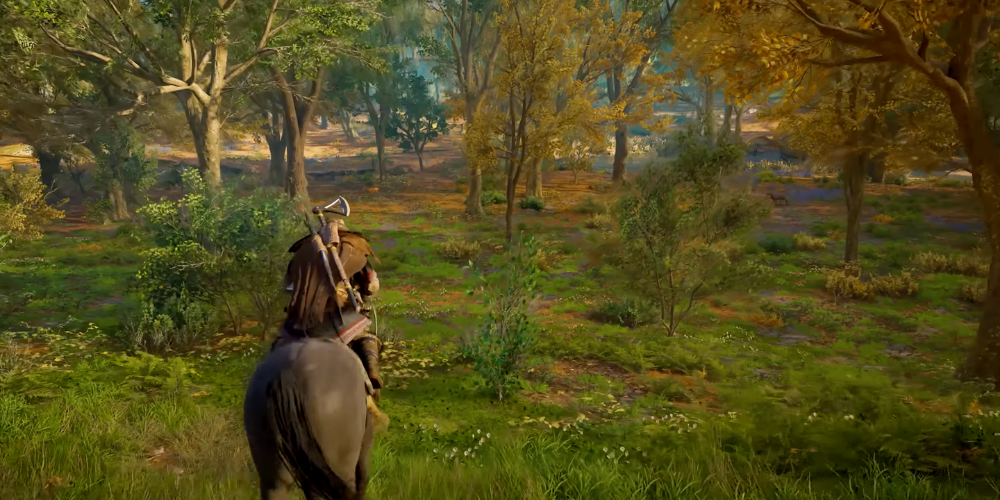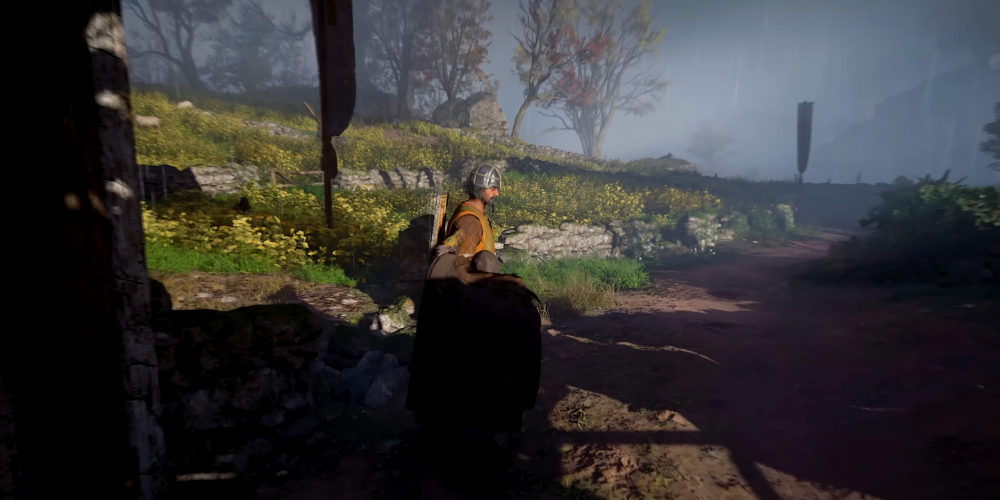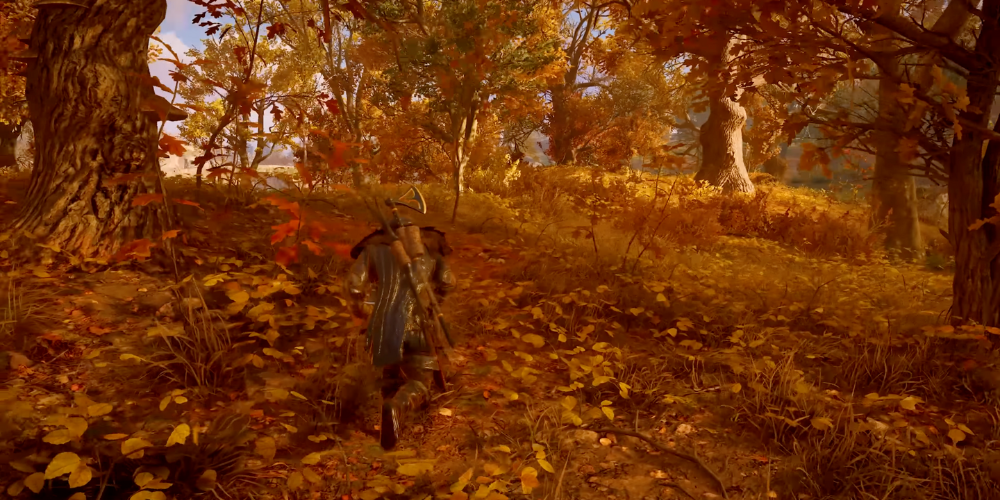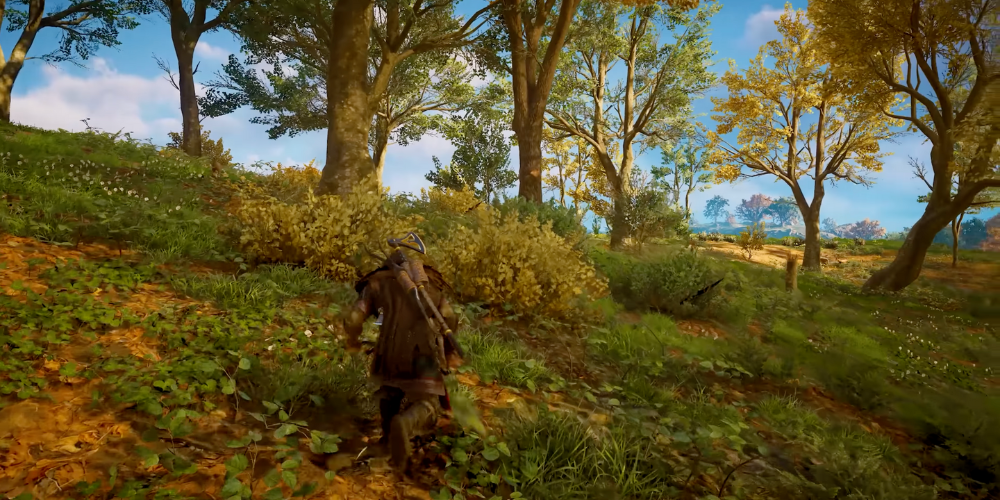The Culture and History of Assassins Creed Valhallas Dark Ages
31 Mar 2024

Assassin's Creed Valhalla, a landmark title in the iconic Assassin's Creed series, invites players to delve into the tumultuous period of the Dark Ages, focusing on the Viking expansion into Anglo-Saxon England. This era, often shrouded in mystery and misconceptions, is brought to life through the game's meticulous attention to cultural detail and historical events. By exploring the landscapes, engaging with the characters, and unraveling the game's narrative threads, players gain insights into a pivotal time that shaped the course of European history. This article takes a closer look at how Assassin's Creed Valhalla serves as a digital time machine to the Dark Ages, revealing the richness of Viking culture, the complexity of Anglo-Saxon society, and the historical events that underpin the game's setting.
Viking Culture and Society
Vikings, often stereotyped as mere raiders and warriors, are depicted with remarkable depth in Assassin's Creed Valhalla. This goes to great lengths to portray their society's complexity, values, and way of life. Players are introduced to elements such as the Viking Althing, an early form of parliamentary assembly that underscores their democratic sensibilities, and the Viking longship, a marvel of nautical engineering that facilitated their expeditions across the known world.
Moreover, the game delves into Viking spirituality, accurately depicting their polytheistic beliefs and reverence for the natural world. The portrayal of rituals, the significance of runes, and the veneration of gods like Odin and Thor contribute to a nuanced understanding of Viking culture beyond the battlefield. This attention to spiritual detail not only enriches the gaming experience but also serves as an educational tool, highlighting the syncretism between Viking and Christian practices as they encountered other cultures throughout their voyages.
The Anglo-Saxon Kingdoms

Assassin's Creed Valhalla transports players to a critical juncture in British history as the Viking Age collides with the fragmented kingdoms of Anglo-Saxon England. The game meticulously reconstructs the political landscape of the era, focusing on the Heptarchy - the seven kingdoms that fought for supremacy over the island. Through this intricate political drama, players encounter historical figures such as Alfred the Great, the wise and resilient king of Wessex, who played a key role in the defense against Viking incursions.
The game also shines a light on the structure of Anglo-Saxon society, from the fyrd, a local militia system, to the witan, a council advising the king. The portrayal of everyday life, including agriculture, craftsmanship, and social hierarchy, provides players with a comprehensive view of the era. Furthermore, the depiction of famed structures, such as the Roman-built Hadrian's Wall and the spiritual heart of England, Canterbury Cathedral, adds layers of historical authenticity to the immersive world of Valhalla.
Historical Events and Conflicts

At the heart of Assassin's Creed Valhalla lies a series of historical events and conflicts that defined the Dark Ages. Among these, the Viking raids on Lindisfarne in 793 AD serve as a thrilling starting point, often considered the beginning of the Viking Age. These raids underscore the Vikings' fearsome reputation and set the stage for their subsequent expansion across England.
The game also navigates through the complex series of battles and alliances that characterized the period. The Treaty of Wedmore, for instance, is a pivotal moment beautifully reimagined in Valhalla. This agreement between Alfred the Great and the Viking leader Guthrum led to the establishment of the Danelaw, a territory under Norse control that have a role in the political evolution of England.
Moreover, the Battle of Edington, where King Alfred secured a decisive victory against the Vikings, is depicted with a keen sense of drama and historical fidelity. This battle not only reinforced Alfred's legacy but also highlighted the strategies and weaponry typical of the era, offering players a visceral understanding of medieval warfare.
Assassin's Creed Valhalla and Historical Accuracy

Assassin's Creed Valhalla's commitment to historical accuracy is evident in its detailed recreation of the Dark Ages. The development team collaborated with historians and archaeologists to ensure that the game's depiction of Viking and Anglo-Saxon cultures, along with the portrayal of historical events, resonated with authenticity. This dedication extends from the design of clothing and weaponry to the architectural styles of buildings and settlements.
While the game takes certain creative liberties to craft an engaging narrative, these deviations are thoughtfully considered, often serving to enhance the player's immersion in the era. The inclusion of mythical elements, such as the appearance of Norse gods and legendary beasts, is a testament to the game's holistic approach to Viking lore and storytelling, weaving historical facts with the rich tapestry of myth and legend pervasive in the period.
Conclusion
Assassin's Creed Valhalla stands as a testament to the complex tapestry of the Dark Ages, offering players a window into a time of great upheaval and transformation. Through its immersive portrayal of Viking and Anglo-Saxon cultures, meticulous attention to historical detail, and engaging recreation of pivotal events, the game not only entertains but educates. It challenges prevailing stereotypes and misconceptions, shedding light on the rich cultural and historical legacies that continue to shape our understanding of the past. In doing so, Assassin's Creed Valhalla not only serves as a captivating digital experience but also as a poignant reminder of the enduring power of history to inspire and intrigue the modern mind.







